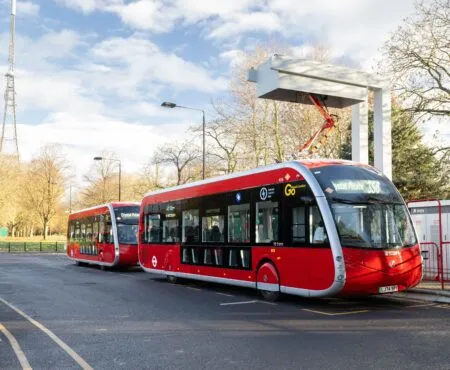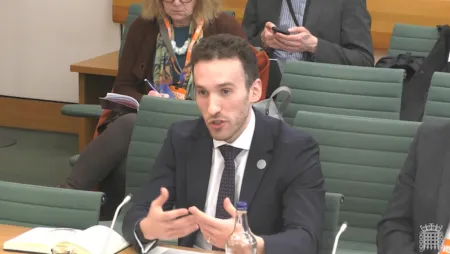As transportation options continue to evolve, new research reveals the impact of carsharing initiatives and what effect they can have on road congestion and the environment.
In the first-ever North American one-way carsharing impact study, the University of California Berkeley’s Transportation Sustainability Research Center (TSRC) reveals that car2go has a substantive impact on improving urban mobility and reducing greenhouse gas (GHG) emissions. The three-year study, led by TSRC co-director Susan Shaheen and research engineer Elliot Martin is the first-ever analysis looking specifically at one-way carsharing in the USA and Canada, and its impact on mobility. TSRC teamed up with car2go in five cities Calgary, Alberta; San Diego, California; Seattle, Washington; Vancouver, British Columbia; and Washington, DC to gather data, which clearly shows that one-way carsharing reduces the number of cars traveling on city roads and occupying city street parking spaces.
Carsharing, the shared use of a vehicle fleet by members for journey-making on a per trip basis, has been gaining traction around the world, but researchers wanted to know more about the impacts it was having. For the study, the TSRC team looked specifically at one-way carsharing, which enables members, who pay by the minute, to begin and end a trip at different locations, either throughout a free floating zone or station-based model with designated parking locations. The researchers found that car2go, currently the largest carsharing operator in the world, made a suitable partner, due to the breadth of data the team could use. It operates as a one-way instant access carsharing system within a pre-defined urban zone. Members can find an unoccupied parked vehicle, access it immediately, and use it to meet their local travel needs.
The study, which gathered data from nearly 9,500 car2go members, revealed the following across the five cities:
Between 2-5% of the car2go population sold a vehicle due to their membership of the scheme;
Another 7-10% of respondents did not acquire a vehicle due to car2go;
Each car2go vehicle removes between 7-11 vehicles from city roads, including those sold and suppressed;
Between 1-3 private vehicles were sold across the five cities per car2go vehicle;
In total, car2go took an estimated 28,000-plus vehicles off of the road and reduced parking demand;
A 6-16% reduction in vehicle miles traveled (VMT) across the study population (average of 11%);
A 4-18% reduction in greenhouse gas (GHG) emissions across the study population (average 10%).
Estimates suggest that car2go’s one-way carsharing service prevented between 10 to 29 million VMT per year, per city, depending on assumptions of suppressed mileage, which in-turn removed between 5.5 to 12.7 metric tons of GHG emissions per car2go vehicle annually (on average).
“Our exhaustive, three-year research effort into one-way carsharing reveals that car2go vehicles result in fewer privately-owned vehicles on the road, fewer vehicle miles traveled, and a reduction in greenhouse gas emissions,” said Shaheen. “Participation from car2go and its members, gave us unprecedented access and insight into how this kind of innovative mobility service is impacting North American cities.”




